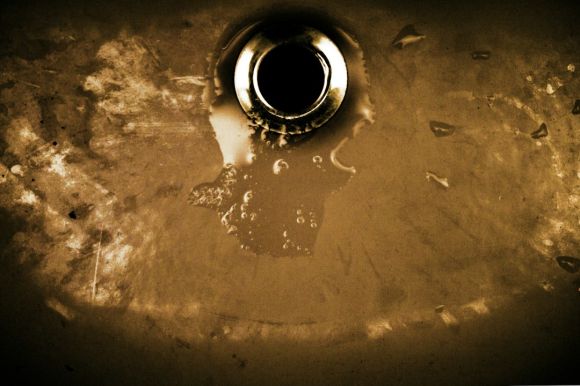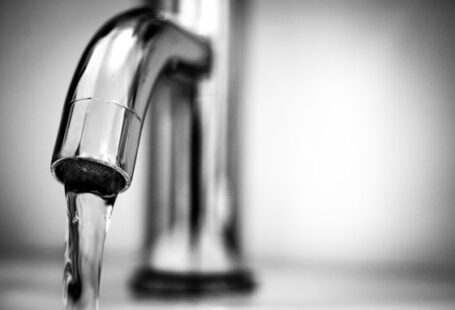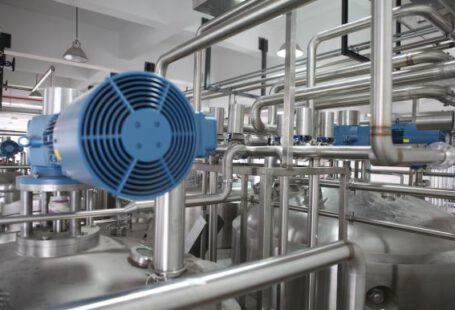Drain blockages can be a frustrating and inconvenient problem to deal with. From slow-draining sinks to overflowing toilets, a blocked drain can disrupt our daily routines and cause unnecessary stress. But what exactly causes these frequent drain blockages? In this article, we will explore some of the common culprits behind this issue.
1. Hair
One of the primary causes of drain blockages is hair. Whether it’s from shaving in the shower or brushing our hair over the sink, strands of hair can easily find their way into the drain pipes. Over time, these hair strands can accumulate and form a tangled mess, creating a barrier that prevents water from flowing freely.
2. Food Waste
Another common cause of drain blockages is food waste. When we wash dishes or rinse leftovers down the sink, small particles of food can get stuck in the drain pipes. Grease and fat can also solidify and cling to the sides of the pipes, further contributing to blockages. It is important to properly dispose of food waste and avoid putting large quantities of it down the drain.
3. Soap Scum
Soap scum is a combination of soap residue, minerals, and dirt that can build up in drain pipes over time. As water flows through the pipes, soap scum can accumulate and harden, narrowing the passage for water to flow. This can lead to slow drainage or complete blockages if left untreated.
4. Foreign Objects
Sometimes, drain blockages are caused by foreign objects that have been accidentally dropped or flushed down the drain. Items such as jewelry, small toys, or even excessive toilet paper can get lodged in the pipes, causing a blockage. It is important to be mindful of what goes down the drain and avoid flushing anything other than toilet paper and human waste.
5. Tree Roots
In some cases, drain blockages can be caused by tree roots infiltrating the underground pipes. Tree roots are naturally attracted to sources of water and can grow towards drain pipes, causing them to crack or collapse. This can result in blockages and sewage backups. Regular maintenance and inspections can help identify and address any potential root intrusion before it becomes a major issue.
6. Aging Pipes
Over time, drain pipes can deteriorate and develop cracks or leaks. This can lead to blockages as debris and sediment accumulate in the damaged areas. Aging pipes are more prone to blockages and may require repairs or replacements to restore proper drainage.
7. Incorrect Installation
Lastly, drain blockages can sometimes be attributed to incorrect installation. If pipes are not properly aligned or connected, it can create areas where debris and waste can accumulate, leading to blockages. It is important to hire qualified professionals to ensure that drain pipes are installed correctly.
In conclusion, frequent drain blockages can be caused by a variety of factors. From hair and food waste to soap scum and foreign objects, it is important to be mindful of what goes down the drain to prevent blockages. Regular maintenance and inspections can help identify any potential issues before they become major problems. By understanding the causes of drain blockages, we can take proactive measures to keep our drains flowing freely and avoid unnecessary inconveniences.



